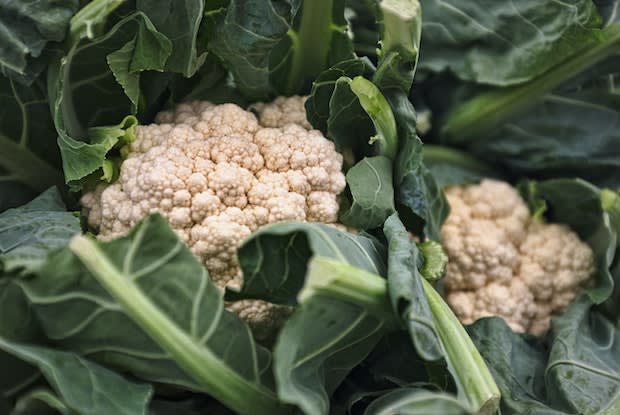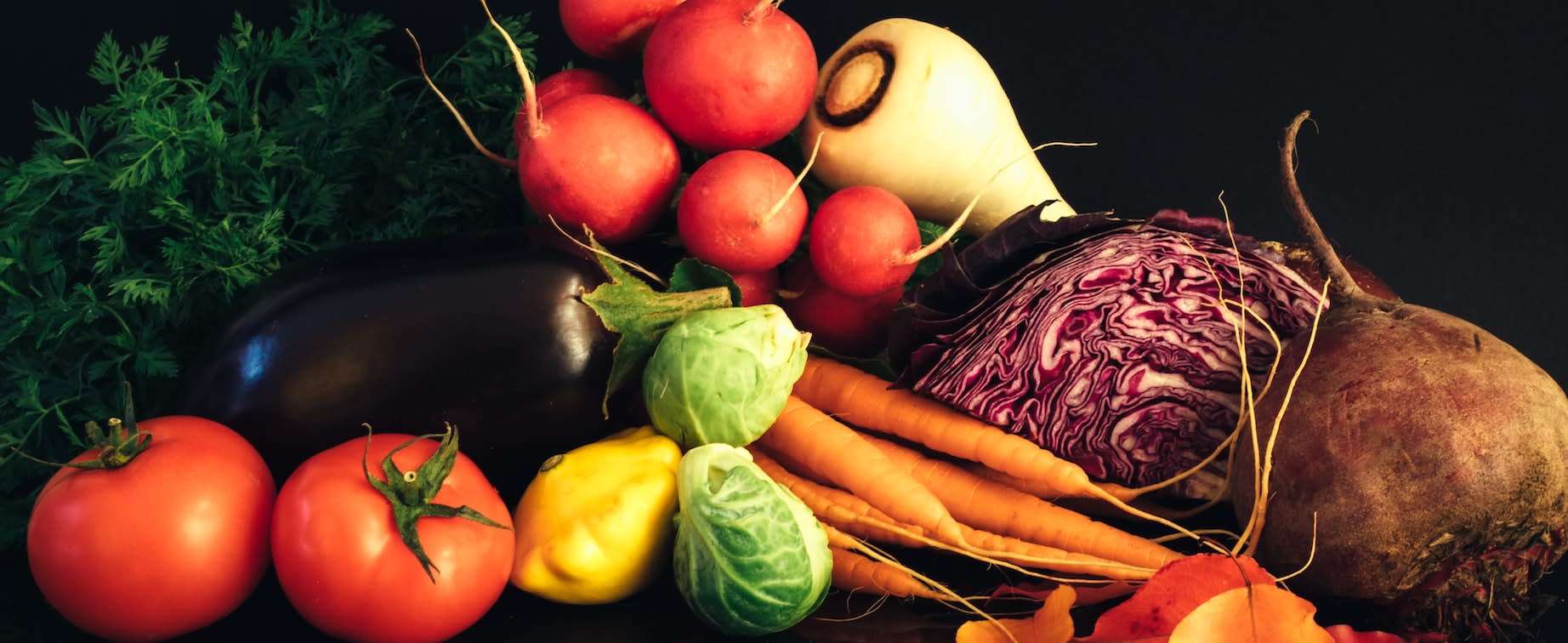Table of Contents
Understanding GERD
It is not uncommon to experience gastroesophageal reflux from time to time. Acid reflux occurs when stomach acid washes up into the esophagus, causing discomfort and a bitter taste in the mouth. If you experience persistent acid reflux more than twice a week, you may have gastroesophageal reflux disorder (GERD). It is important to seek treatment for this condition because it can cause dangerous tissue damage to the esophagus. The main symptom of GERD is heartburn. Some other symptoms may include:
- Nausea
- Bad breath
- Respiratory problems
- Difficulty or pain when swallowing
- Tooth decay [1]
If GERD is the result of a physical cause, it occurs when the sphincter at the bottom of the esophagus becomes weak and opens when it should not. In most cases, certain foods, lifestyle habits, and medications trigger GERD. Because the esophagus is responsible for transporting foods and liquids, it is vitally important that your diet does not trigger persistent acid reflux. Scientists have found that a diet of high fiber and alkaline foods, along with medications like Prilosec, can help combat GERD symptoms. Read on to learn more about how to manage your diet with GERD. [1]
Having plenty of fiber in your diet is beneficial for many reasons. Growing evidence shows that adequate fiber intake is good for your digestion and can lower your risk of chronic disease. High fiber foods also make you feel fuller, which can prevent you from overeating. If you don’t overeat, then you can lower your chance of heartburn. Eating fibrous foods also contributes to “good” gut bacteria in your stomach. Some high fiber foods you can add to your diet can include: All foods fall somewhere on the pH scale. The pH scale measures how acidic or basic a substance is. The scale ranges from 0 to 14, and the lower the pH, the higher the acidity. Human stomach acid has a pH of 1.5-3.5, so it is highly acidic. Alkaline foods have a lower acid level (over a 7 on the pH scale), which can help prevent GERD symptoms. Your doctor may recommend an alkaline diet because it encourages people to eat more fruits and vegetables and limit the intake of processed meats and high-fat dairy products. Filling your stomach with alkaline foods can help prevent an excess amount of acid in the stomach. [3] Alkaline foods include: Water is the best beverage to drink if you suffer from GERD. It is also beneficial to eat foods that have high water content. These foods react more neutrally in your stomach and typically don’t create excess acid. Foods with high water content are generally low-calorie, which is also beneficial to a GERD-friendly diet. Some foods you can implement into your diet can include: Acid reflux triggers can differ from person to person, but scientists have compiled lists of triggering foods based on anecdotal experiences from GERD patients. Those with this condition can try to eliminate certain foods from their diet and see if their symptoms improve. If not, those foods can be incorporated back into your diet. Some foods that may cause GERD symptoms can include: Milk/dairy products: Researchers have found that children with an allergy to cow’s milk often have GERD symptoms. Those who regularly experience bloating after eating dairy should try to eliminate cow’s milk and yogurt. Cholesterol: Cholesterol is not a food, but it has been found that diets high in cholesterol and saturated fatty acids are more likely to cause GERD symptoms. Many types of meats are high in cholesterol, so they should be eaten in moderation along with other high-fat foods. Carbonated beverages: People with GERD often report that fizzy drinks like soda and beer can trigger heartburn and GERD symptoms. Acidic beverages: Drinks with a high acid level like coffee and orange juice have been shown to irritate GERD in some cases. [4] Diet is an integral part of GERD treatment, but sometimes it cannot treat every part of your condition. Along with a healthy diet, your doctor may recommend over-the-counter antacids as well as prescription medications like Nexium, Prilosec, or AcipHex. Antacids help get rid of stomach acid and ease mild heartburn. They will not fix damage to the esophagus if you suffer from long-term GERD. These prescription medications are proton pump inhibitors that offer stronger acid relief. They reduce the amount of stomach acid and can help heal damage in the throat or esophagus. In more severe cases of GERD, you may require surgery. Linx surgery involves a surgeon wrapping a ring of tiny beads around your esophagus to prevent it from going into the stomach. Your surgeon may also perform a nissen fundoplication. This procedure involves wrapping the top part of the stomach around the lower part of the esophagus. Luckily, changing lifestyle habits and your diet can help you avoid these invasive procedures. Your doctor will determine the best treatment for you. [5] The content in this article is intended for informational purposes only. This website does not provide medical advice. In all circumstances, you should always seek the advice of your physician and/or other qualified health professionals(s) for drug, medical condition, or treatment advice. The content provided on this website is not a substitute for professional medical advice, diagnosis or treatment.
High Fiber Foods
Alkaline Foods

Watery Foods
Foods to Avoid

Further Treatment
